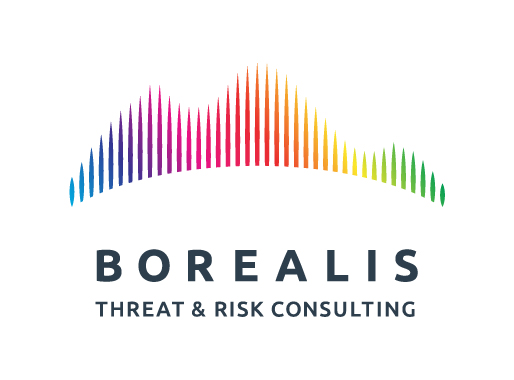Quick Hits – Episode 192 Bad intelligence does not mean actions taken were wrong (buzzsprout.com)
When you work in intelligence you often have to make rushed decisions about what to do with information. Sometimes you have to act on such info before you can fully determine its accuracy, particularly when it has to do with terrorism. Does this mean such action was unnecessary? Borealis looks into how this unfolds and why post facto accusations of misconduct are usually illegitimate.
Currently listed entities (publicsafety.gc.ca)
Two Sikh rally organizers say they were wrongly arrested amid Parliament bomb scare | Ottawa Citizen
Police silent after accusations of wrongful arrests during Parliament lockdown | CBC News
If the ins and outs of terrorism, extremism, national security and public safety are of interest to you, subscribe to receive free content by former Canadian intelligence analyst and author Phil Gurski on these issues.
About the host Phil Gurski
Phil Gurski is the President and CEO of Borealis Threat and Risk Consulting Ltd. He worked as a senior strategic analyst at CSIS (Canadian Security Intelligence Service) from 2001-2015, specializing in violent Islamist-inspired homegrown terrorism and radicalisation.


One reply on “You have to act on intelligence even if it is uncorroborated”
Yeah, i think you’re right. Refusal to act on hazy but concerning intelligence is what led to the lack of readiness for Pearl Harbor. Being on full alert isn’t good enough, you have to spring the trap whenever the supposed enemies over especially when it won’t kill them – That’s the thing the worst this could have done was give someone a heart attack. It’s barely newsworthy. And again, I just don’t buy it when it comes to Canada – it’s not up for debate anymore in America but the opposite is almost true for our northern neighbor.